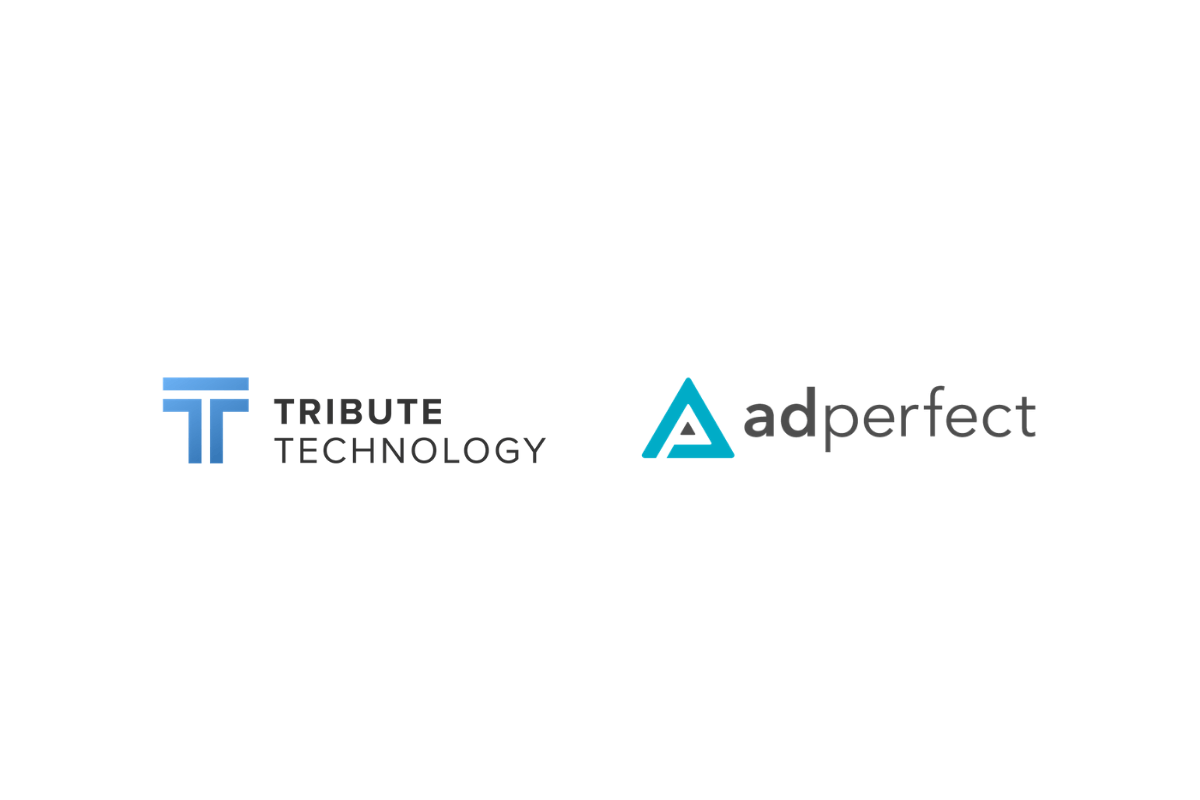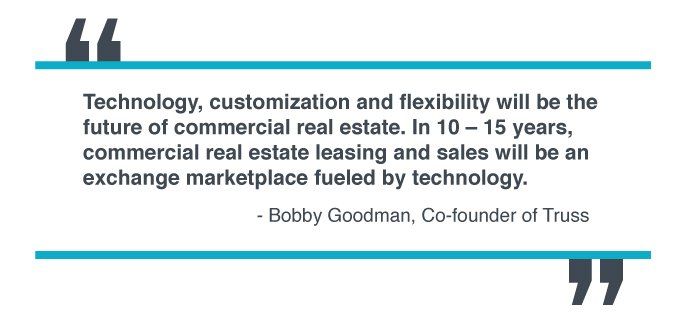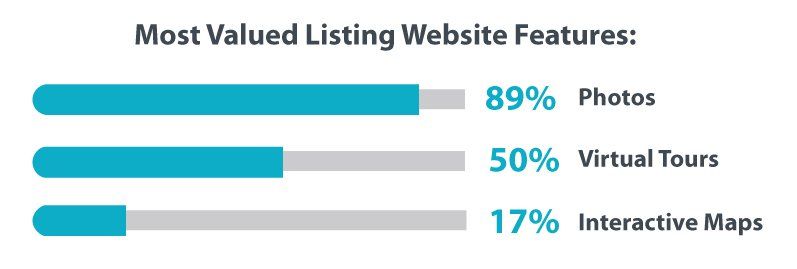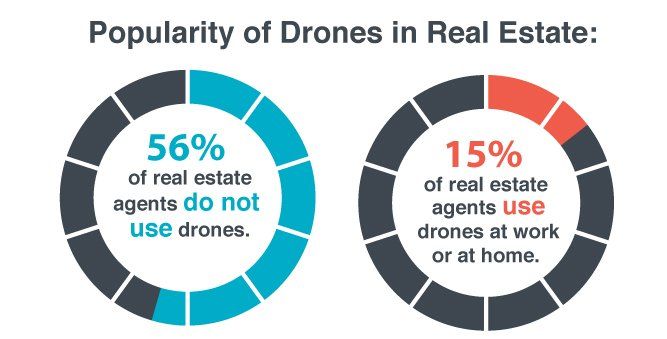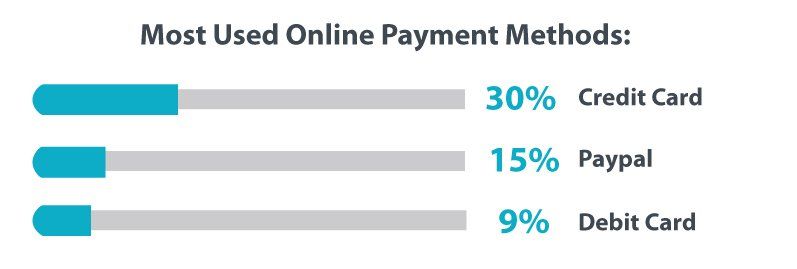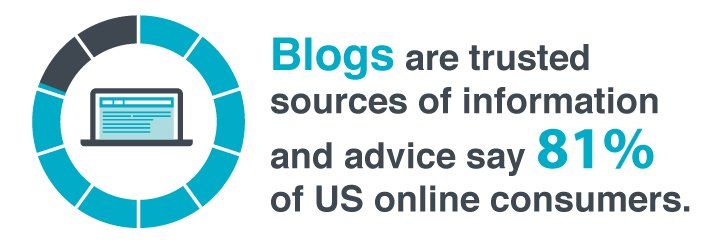Trends in Real Estate Classifieds
Renters and home-buyers more than ever research and learn about the real estate industry online. This means that realtors and property management firms need to spend more of their marketing efforts and energy on digital advertising solutions and tools. This will ensure a more increased return on their investment. When deciding on these tools, some important features need to be highlighted which seem to be the future of the real estate online.
Enhanced Images and Videos
When it comes to online advertising, great photography and videos help buyers to make a confident decision. Now, because of digital cameras with high resolution features to drone technology, anyone and everyone can list ads with photos and videos. With listings becoming easily available online through MLS and other listing sites, buyers and renters alike want visual details that help narrow down choices quickly and not miss the best option within their budget.
Specifically videos have a stronger emotional impact in online search, as it provides audio and visual engagement which help the viewer to remember more details. While photos are easier to be shared with everyone as it offers smaller sizes and fully supported on all social and digital outlets. But depending on the focus of what you want to showcase, photos and videos have their own pros and cons. Photos have a lower production cost and can be processed quickly, versus videos do have a higher production cost and requires higher-end technology while still stronger at building a story.
Drones fit right in the middle category of photos and videos. Compared to cameras and video equipment, the usage of drones does not require a lot of technical knowledge. They can be used to take photos and videos, which are eye catching without the real need of a professional photographer. Drones also offer the “wow” factor companies are looking for and dramatic aerial views providing an impactful impression for your audience. Especially when videos increase online engagement, using drone footage on your website and social media sites also increase your brand image.
Responsive Tools
When it comes to online engagement, new forms of information sources and processes are emerging and taking the center stage in how consumers complete their needs online. There are several specific types of tools that directly will impact the real estate industry.
Rating sites and online reviews have become more of a basic requirement for all service and retail companies. Actually now 92% of consumers read online reviews before they make a decision. Also, 57% would use a business with a 3 star rating and up to 94% would use a business with a 4 star rating. These tools have turned into a new form of word of mouth and providing objective knowledge, helping agents to be one step ahead of their competition.
The rise of transaction systems such as PayPal, Apple Pay and Google Wallet, are pushing more industries to offer easy to process payment options online. Most everything can be processed online now – health bills, online food orders, tax payments and even real estate management companies are offering online credit card payments. There is a trend rising for consumers to use their credit cards or payment processors for rental payments not only for short term rentals but also for long term apartment rentals.
As the digital world is connecting the world with all the data possible, trends for localizing and personalizing the information has been necessary. This same trend has allowed the real estate industry to offer website portals for their listings to preview offerings and send applications. The same information is also shared with platforms that cover multiple industries or exclusively on the real estate industry, such as Zillow and Trulia. Local agents have also connected their listings with local newspapers that offer strong branding in their communities. Property data has become one of the most sought after online which makes portals and platforms as key digital hot spots.
Advice Content
Marketing real estate listings is not so easy anymore. There are multiple websites that can offer the same listing details so it is very tough if marketing disciplines are not executed. Some of these marketing practices include blogging, SEO, social media and video. These all need to work together with focus on specific topics and themes that provide guidance to the buyer.
One of the big discussions recently have been around tax bill-related advice. Laws and regulations keep changing which the buyer would want direction and suggestions on. According to recent research by Realtor.com, 43% of buyers this year say tax changes will influence their decision and approach. Consumers need more information on what the bill is and it seems real estate agents and firms are perfectly qualified and positioned to fulfill that need.
When blogging and using SEO with social media, making sure the content is hyperlocal and targeted is very important. This means writing and delivering the right articles to the right people. Consumers are interested in specific locations and neighborhoods, so having content that is narrowed down to the issues and reports for the area, meets needs. With regards to demographics, the rise of Millennials has also some impact on the industry. Realtor.com forecasts that 43% of them will take our mortgages in 2018 and the largest cohort will turn age 30 in the next 2 years. Advise specific to Millennials and their home buying concerns and preferences should also be addressed, which seems will direct the industry for the years to come.



